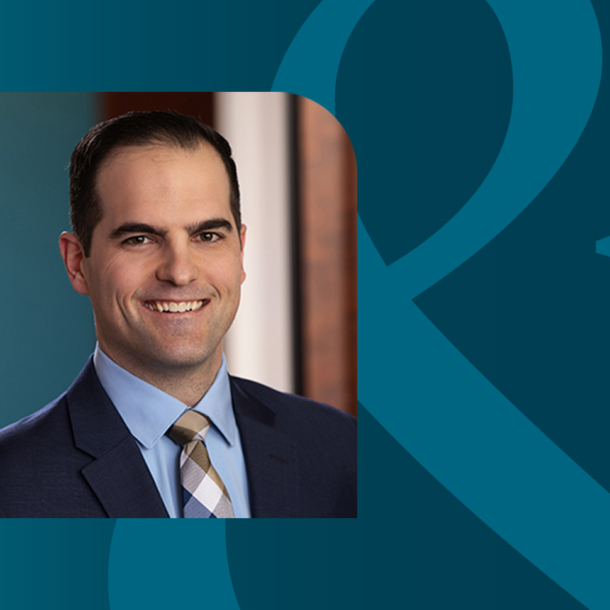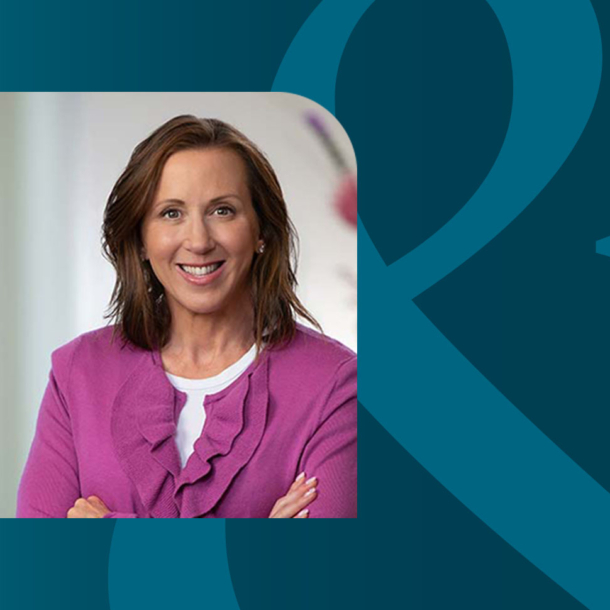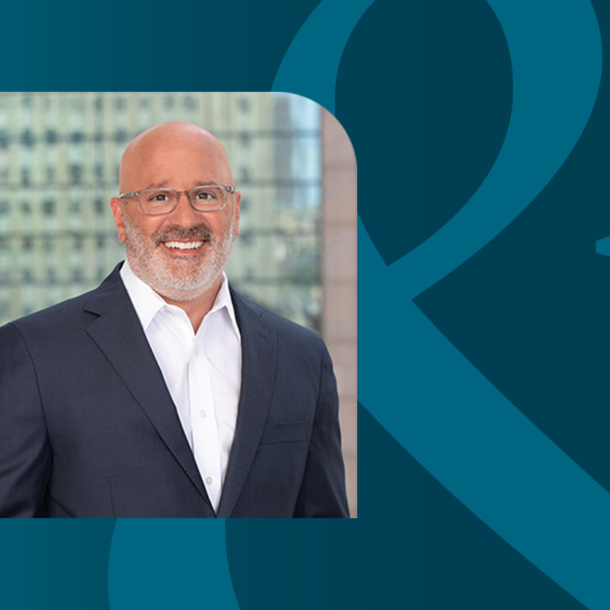Perspectives
Keep
Reading

Diversification: A Reminder of the Bond Market’s Role
Wealth Insights | InsightDiversification matters: Bonds historically outperform cash in downturns, offering principal protection and steady income alongside stocks.
Read Article
Considerations For 2025 And Future Tax Years
Wealth Insights | InsightPlan smarter under the One Big Beautiful Bill Act: Melissa Jacoby shares new tax breaks and fresh strategies to protect your wealth.
Read Article
Navigating the Evolution of Private Wealth Management
Wealth Insights | InsightGW&K’s Director of Private Wealth Management, Dan Fasciano, shares his thoughts about the state of the wealth management business today and offers valuable advice for those seeking to secure their financial future.
Read ArticleThis Website Uses Cookies
We use cookies to improve your experience on our website. To accept cookies click Accept & Close, or continue browsing as normal. For more information or to learn how to opt out of cookies, please see our cookie policy.
Accept and Close-
Latest Insight
What the Federal Shutdown Means for the Economy and Markets
Macro
Global Strategist Bill Sterling takes us through how the US federal government shutdown may affect the economy and markets.
Read Article -
Latest Market Commentary
State Of The States 2025 — Poised For Fiscal Stability
Municipal Bond
Fiscal conditions across state governments remain healthy as the sector heads into 2025.
Read Article
Strategies for Wealth Transfer Success
Building A Lasting Legacy
Two quotes often attributed to Benjamin Franklin are particularly relevant in the context of wealth transfer. “In this world nothing is certain except death and taxes” and “failure to prepare is preparing to fail” remind us of the finite amount of time we all have on this planet as well as the critical need to engage with our families and prepare for the future. While every family is unique and complex, some strategies are time-tested to help preserve family legacies.
Perhaps most importantly, including the next generation in conversations centered around financial topics is critical. This can take many forms and is largely dependent on your particular family, but starting early and engaging on a regular cadence helps to build financial confidence and a deeper understanding of your beliefs and values as they relate to wealth.
Here we share some additional practical, actionable strategies useful for engaging your next generation and ensuring they have the confidence and financial acumen required to carry on your family’s legacy.
Encourage Active Participation in Family Giving
Asking your children or next generation of heirs to find and research organizations that support causes they are passionate about provides an opportunity for them to have a direct impact on your family’s charitable activities. This in turn may lead to conversations about your family’s values and the importance of giving back, hopefully instilling gratitude and appreciation. It also allows them to witness the direct impact your gifts have on the recipients — and society overall. A donor-advised fund (DAF) is one charitable account that can facilitate a multi-generational charitable legacy.
Review Your Estate Documents
Periodically reviewing your will, power of attorney, health care proxy, and trust with the next generation allows for an open and honest dialogue about how assets will ultimately pass to beneficiaries and gives you the opportunity to provide context to these documents. Like seeing your primary care doctor annually, to truly develop a financial legacy, these exercises should become repetitive and part of your normal “check-up.” Including the next generation and beneficiaries in these conversations allows for their input to be considered and potentially acted upon in ways that you didn’t initially plan for or expect.
Build Financial Literacy
Countless financial literacy resources exist to supplement family conversations about finances. Khan Academy offers free online financial literacy courses that cover topics ranging from budgeting and saving to investments and retirement. Many local CFA Societies offer worthwhile programs, like CFA Society Boston’s Financial Literacy Initiative, which provides resources and presentations about a range of financial topics. Colleges and universities also commonly offer or sponsor financial literacy education.
Determine How You’ll Transfer Assets to the Next Generation
How you decide to transfer assets to future generations will be specific to your family. Direct transfers through annual gifting, UTMA/UGMA’s, 529s, Trusts, and other wealth transfer options all come with varying degrees of control, tax, and estate considerations so it’s important to understand the implications and consult with the appropriate advisors. Finding the appropriate wealth transfer strategy requires a holistic approach and can be a complex exercise. The act of transferring assets, regardless of the amount, allows your beneficiaries to take ownership and accountability and helps to further build confidence around managing finances.
Introduce the Next Generation to Key Decision Makers
Ultimately, the goal of engaging the next generation is to motivate and prepare them for when the time comes for you to pass the proverbial torch. A critical aspect of succession planning is to introduce your family to financial decision makers like wealth advisors, attorneys, and accountants. Allowing your next generation to develop relationships with those key decision makers gives them the autonomy and opportunity to ask questions that they might not yet feel comfortable bringing up in conversations with your family’s stakeholders. These decision makers can not only provide an objective perspective but also continuity from a financial and estate planning perspective that cannot be overlooked.
Our team of experts is here to assist you with any and all of the above action steps, no matter where you are in the process. Contact our Private Wealth Team to discuss further.
Disclosures
GW&K is not authorized to provide tax, legal, or accounting advice. The information provided is for general informational purposes only and is not written or intended as an individualized recommendation or substitute for specific legal or tax advice, within the meaning of IRS Circular 230 or otherwise. Tax laws and regulations are complex and subject to change, which can materially impact investment results. The information contained herein is obtained from sources believed to be reliable, but its accuracy or completeness is not guaranteed. Individuals are encouraged to consult with a professional tax, legal or accounting advisor regarding their specific legal or tax situation